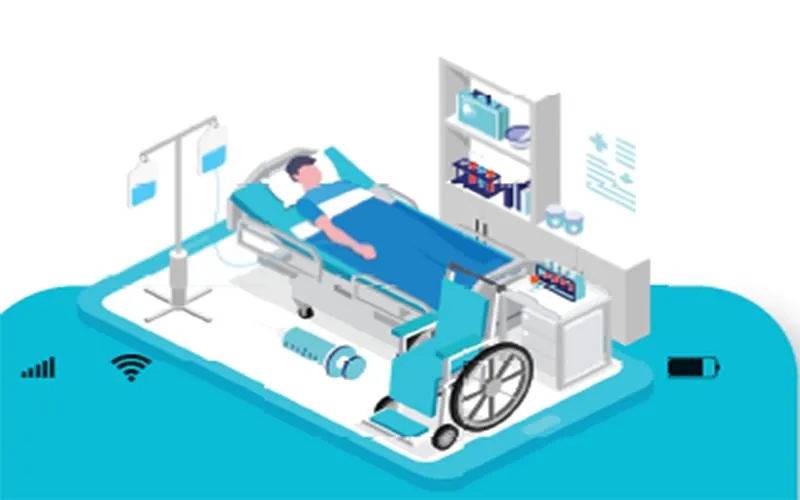For years, we have raised eyebrows over the process and manner that a patient seeking treatment is subjected to at most hospitals. Even in private sector, the scenario has not been much better. The standard seems to have arrived in Kashmir.
Getting lost, asking around and being utterly confused and anxious is a norm at any hospital.
An attendant gets more exasperated than the patient and often loses precious time in getting attention of the hospital staff and being directed in the right direction.
No matter how advanced and well equipped a hospital is, for a patient, it has been no less than an ordeal in Kashmir to get treated. At Paras Healthcare, which recently forayed with its 200-bedded hospital in Srinagar, this weak link has been addressed and the solution that has been devised is a bright example of innovations in healthcare delivery.
Guest Relations Executive (GRE) at Paras, is the facilitator and guide for the patient, receiving him or her at the arrival to the hospital. The GRE is a hospital staff member that receives the patient at the arrival to Paras.
The Executive inquires about the reason for hospital visit and assists in getting the requisite appointment and attention. The patient, often unaware of the hospital areas, is accompanied to the hospital area and facilities where he or she is required to go: OPD, Emergency, Laboratory, Scanning or any other service that is being sought.
At our traditional healthcare system, a long queue, often in an open area exposed to the weather vagaries is a sight that has been normalized over the years. With the huge load on tertiary care hospitals, a corresponding augmentation in OPD ticket counters and staff has not taken place.
The lack of sign boards for facilities, direction signs and hospital layout map to help in accessing the facilities is the basic that could have been done to help the patients, but is grossly ignored. Even in most hospitals in the private sector, which charge the patients at par with any private hospital in the country, the signage and measures to help the patients traverse through the hospital are missing.
Deepa Raina Razdan, who heads the GRE Department at Paras said that the Executive is “like a shadow” till the patient completes their stay at the hospital. With a great combination of ‘hospital and hospitality’ in our GRE team, we are able to render compassionate care along with the best expertise at our hospitals, she said.
While explaining how the system is tuned to patient needs, Razdan said, “The GRE takes the patient to the reception, if a wheel chair is needed, on a wheelchair. The patient will be escorted to the doctor that is supposed to see them and if many doctors are to be seen, to all the doctors, without hassle,” she said. The patient, she said, will be taken to the scans, or other areas that they need to go to by the GRE. “We cannot expect a patient or their attendants to be familiar with the hospital, or with the investigations and other things. Even if they are regular to the hospital, they would still need assistance because they are unwell,” Razdan said.
The GRE coordinates with hospital assistants and staff in other areas. “If the patient needs admission, the GRE would help in completing the admission process, explain hospital policies, charges and patient rights,” Razdan said.
DISCLAIMER: The views and opinions expressed in this article are the personal opinions of the author.
The facts, analysis, assumptions and perspective appearing in the article do not reflect the views of GK.






